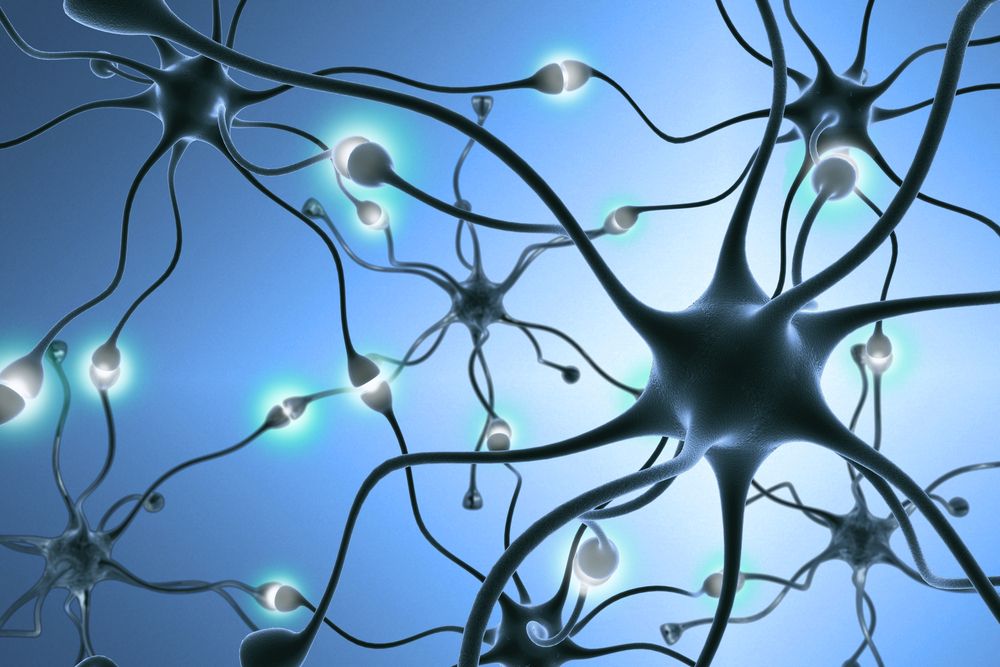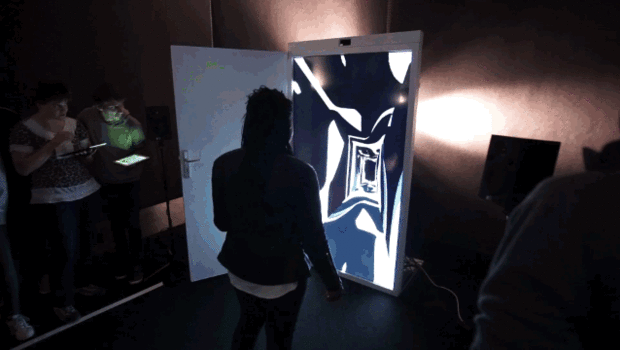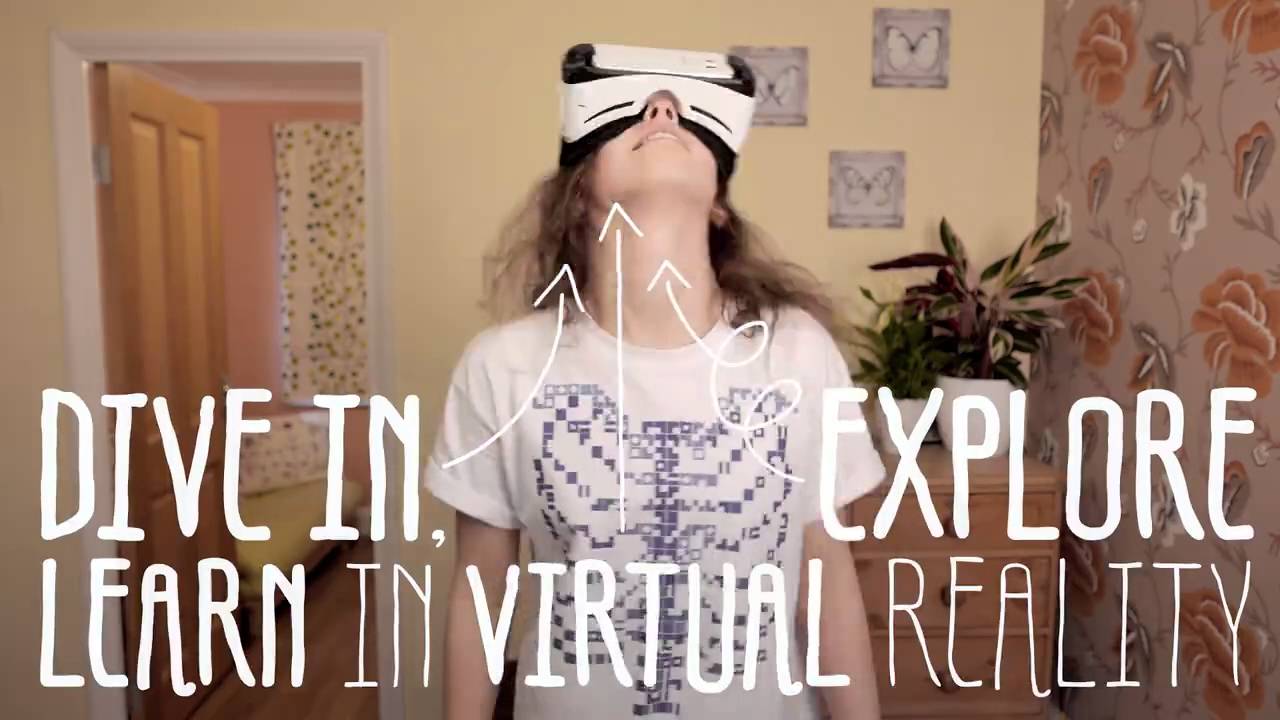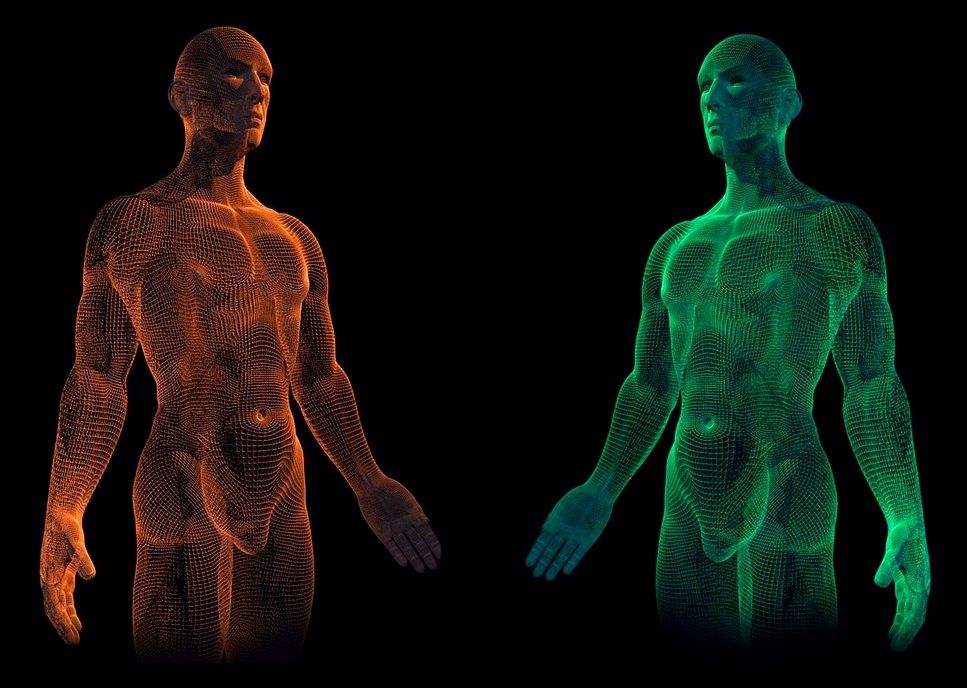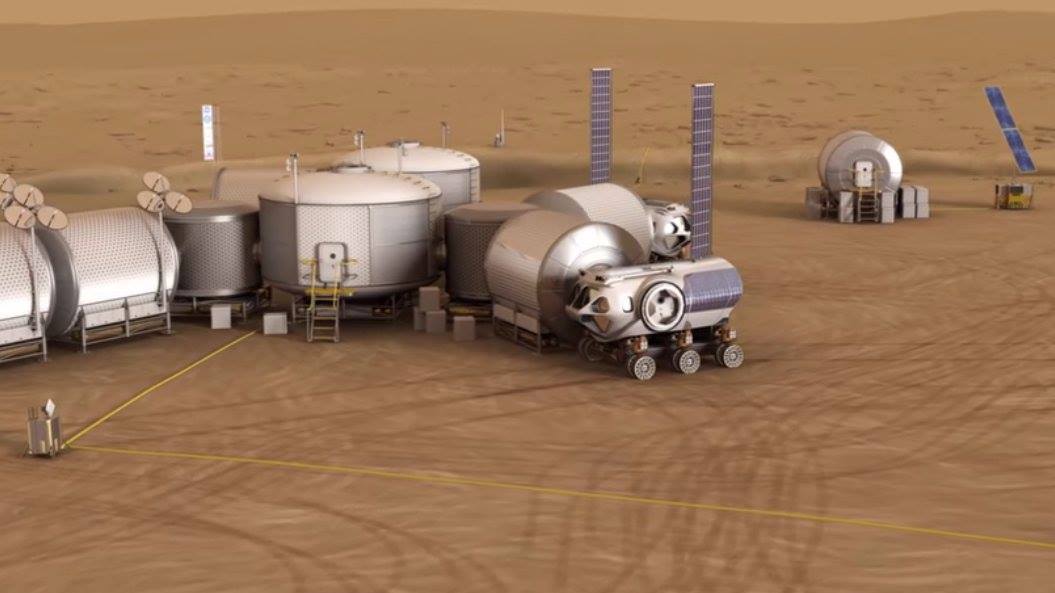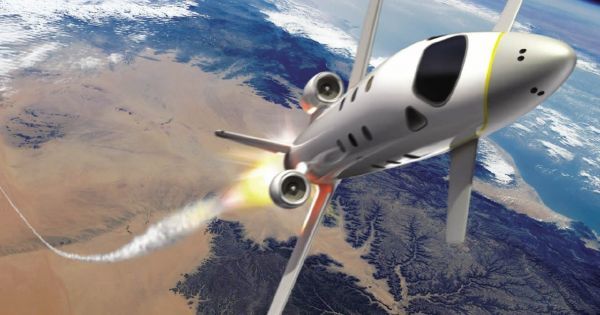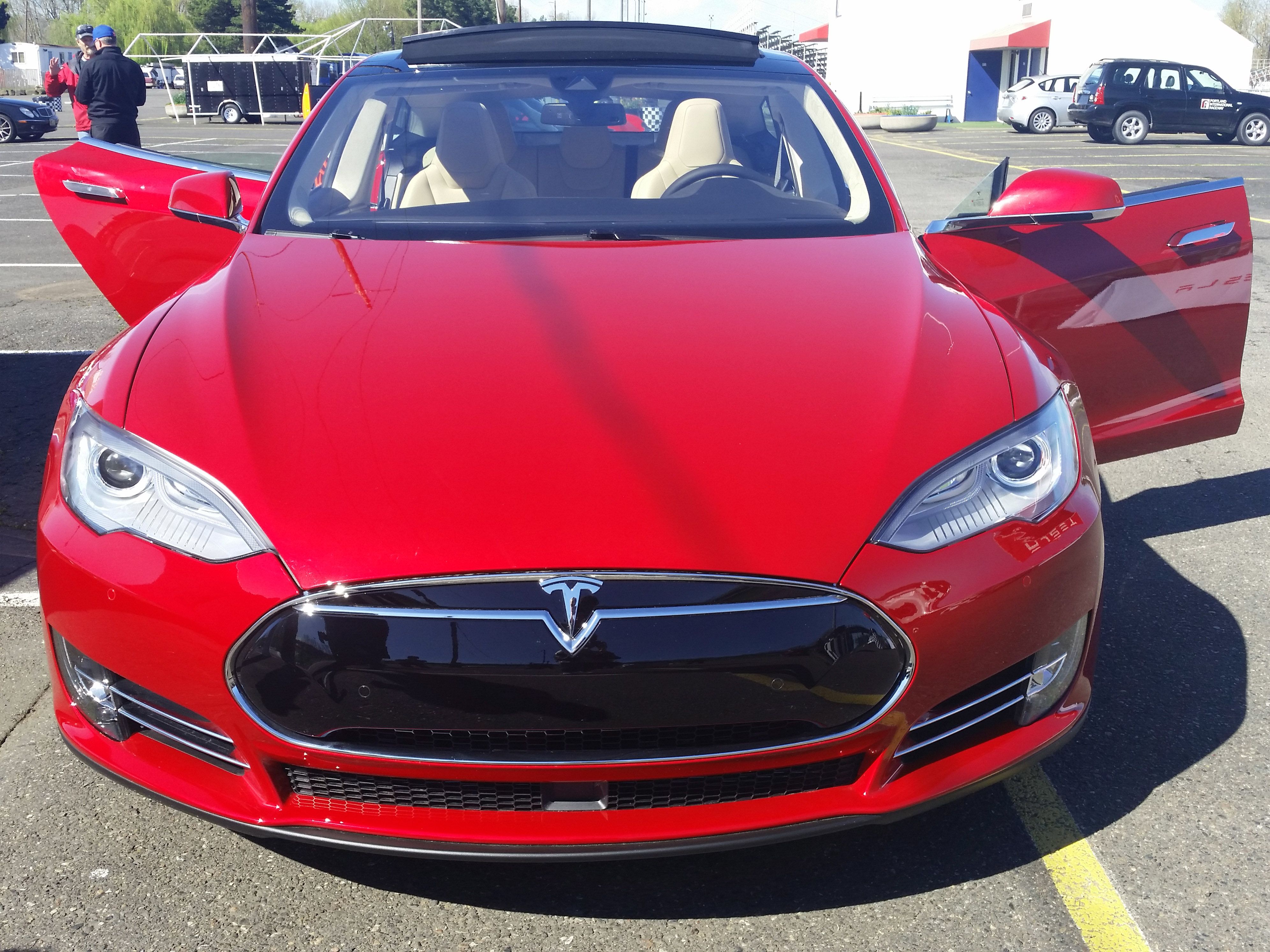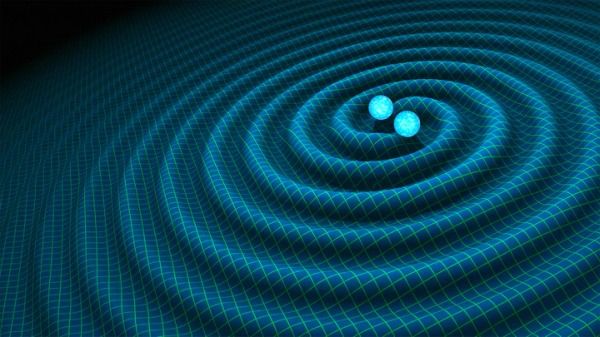Feb 12, 2016
Curious AI Wants To Make The Singularity A Reality
Posted by Shailesh Prasad in categories: robotics/AI, singularity, transportation
Over the last few years tech companies both large and small have developed programs that can “dream”; and understand and process information; and even write articles; but nothing has come close to the holy grail of artificial intelligence — developing software that can learn independently.
At least, not until now.
Helsinki might seem like an unlikely potential birthplace for this new era of intelligent machines. Yet it’s there — on a side street blocks from the central train station — that a team of roboticists, neuroscientists, and graphics programmers planted the seed that would become the new artificial intelligence software developer, The Curious AI Company.
